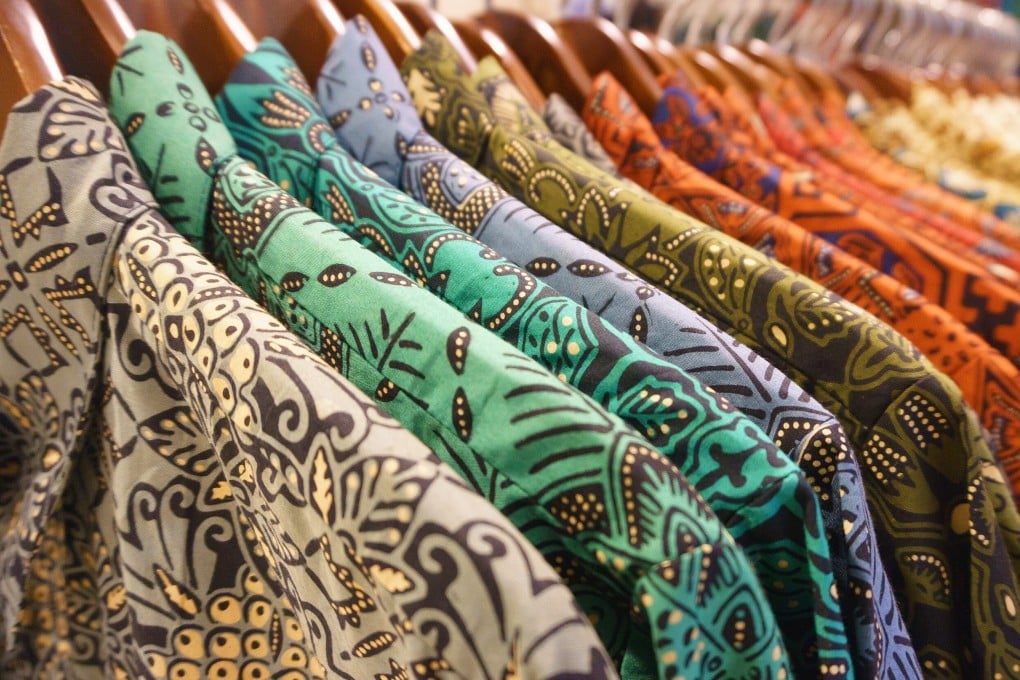‘China, master copycat’: uproar in Indonesia at Xinhua’s batik claim
- Xinhua released a video saying batik is a traditional craft ‘common among ethnic groups in China’, sparking protests by Indonesians on social media
- There are long-standing disputes over the origins of food and traditions such as batik, rendang and nasi lemak among Malaysia, Indonesia and Singapore

The post on Twitter, which came with a 49-second video, said the craft was practised by “ethnic minority groups living in Guizhou and Yunnan”, referring to two of China’s southwestern provinces.
It drew cries of cultural appropriation from hundreds of Indonesians on social media. The video also prompted Indonesia’s foreign ministry to suggest that a correction was needed, after which Xinhua made another post describing batik as “a word with Indonesian origin that refers to a wax-resist dyeing technique practised in many parts of the world”.

Teuku Faizasyah, a spokesman from Indonesia’s foreign ministry, said one of his colleagues informally informed Xinhua that the word batik was rooted in the Javanese tradition in batik-making techniques within the Indonesian culture.
“Xinhua admitted the mistake for not knowing that the word batik comes from the Javanese vocabulary. Moreover, the Indonesian batik has also been recognised by Unesco,” he said. The United Nations’ educational, scientific and cultural organisation inscribed Indonesia’s batik craft in 2009 as a form of intangible heritage.
Indonesians ... always struggle for our international contributions to the world. We’re really ready to stage a ‘rendang war’. It also applies to this batik thing